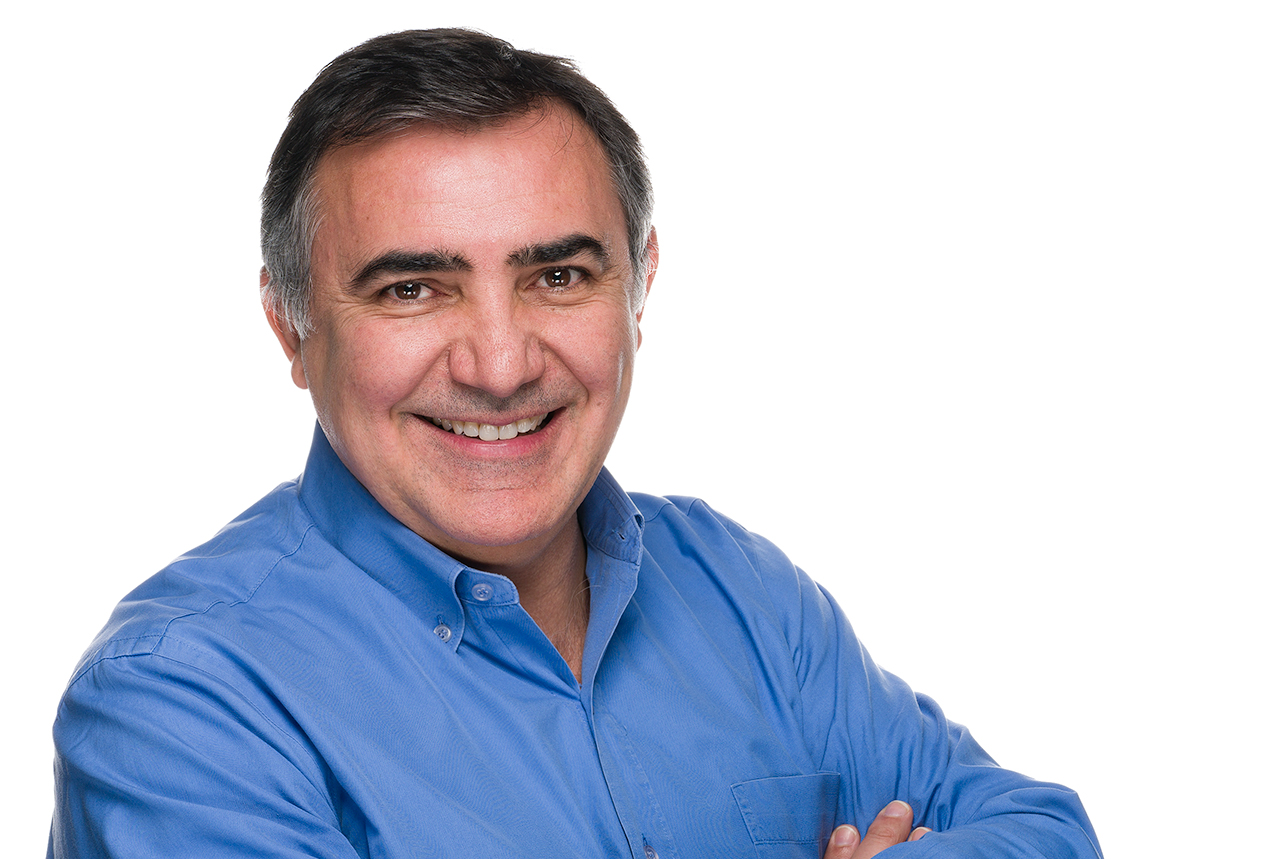
Dr. José Pereira is a palliative care physician and co-founder and Scientific Officer of Pallium Canada. He leads the development of the Learning Essential Approaches to Palliative Care (LEAP) courseware and resources such as the well-known Pallium Palliative Pocketbook, and research related to the program.
According to Dr. Pereira, Pallium’s mantra is that palliative care is everyone’s business. All the palliative care needs of a population cannot be addressed only by specialist palliative care clinicians services.
The signature Pallium program, LEAP, is training over 9,000 healthcare professionals a year across Canada. LEAP course versions (classroom and online options) are available for different care settings and disease groups such as home and community, hospitals, long term care, emergency care, and pediatrics. Most bring different professions together, while some target specific professions such as personal support workers and paramedics. A common message is palliative care starts early and there is evidence of learners doing this in their practices.
Devon Phillips (DP): What’s made the LEAP program such a huge success?
José Pereira (JP): Several things. It provides ready-made solutions (developed by experts and teams from across the country), uses a train-the-trainer model, has a wonderful community of hundreds of excellent facilitators (teachers) across the country, and is available in English and French. Pallium’s flexibility and responsiveness to needs has also been a goal. It recognizes the need for regional and target group adaptations, for example, and supports these.
Pallium is not only about providing palliative care education for folks who are already in practice or to undergraduate and post-graduate learners, it promotes healthcare system improvements.
There’s still a lot of work to be done. We are still far from reaching the tipping point of having all health care professionals trained on the palliative care approach. Not all graduates of the health professions are graduating with palliative care knowledge and skills. These core competencies are still not ubiquitous throughout healthcare.
DP: Are all the provinces on board?
JP: LEAP and the Palliative Care ECHO Project are touching each Province and Territory, and there are many examples in many provinces of uptake by provincial ministries and programs of LEAP. There are also example of regional and organizational uptake. These serve as examples to the others who are still not investing in training up their workforce in this important area. In the Health Ministries in Alberta and Newfoundland, for example, have recently invested in this. Just before the pandemic, we were rolling it out across New Brunswick. Paramedic programs across BC and Alberta, some of parts of Ontario, have adopted it.
DP: In terms of program development, what do you think is next for Pallium?
JP: Ongoing spread and scaling up, ongoing improvements and now a synergy between the Palliative Care ECHO project and LEAP programs.
DP: What was the motivation behind the Palliative Care ECHO project and how does the program work?
JP: We realized that once professionals were trained in LEAP, many wanted to continue learning more about palliative care, or to develop palliative care programs in the services and communities they worked in. Hence ECHO.
We are using the Project ECHO model to create communities of practices around specific topics – such as how to integrate palliative care in long-term care or in cardiology services – and to supplement the LEAP courses with additional deeper dives in some topics. We are also supporting partners across the country to use the platform to reach out to their members.
We bring experts from across the country together in the form of panels and bring their insights and expertise to webinar and community participants. Pallium’s ECHO program now has two big streams; the first is where Pallium, as a superhub, supports partner organizations (referred to as hubs) to host their own communities of practices and webinars, and the second is Pallium itself organizing communities and webinars for the benefit of all hub partners.
DP : You started in Canada and your reach is extending to other countries now.
DR P: Yes, we’ve had lots of interest from other countries. We’ve had interest from Spain, Portugal and Japan, among others. I think folks around the world are recognizing that in order to improve access to palliative care, we have to make it everyone’s business, and this includes engaging communities. Since its inception, Pallium has for example also supported the compassionate community approach. This was, for example, included in its early activities already in the early 2000s.
For more information, reach out to Pallium. Pallium is ready to collaborate and partner with colleagues nationally and internationally.
Key references:
- Pallium Canada and the LEAP Program: An Overview published in the British Medical Journal. Key Message: Describes the evolution of Pallium, from its early roots in the prairie provinces in 2000 to today where over 560 courses are being delivered a year and over 8000 health care professionals are learning core skills to provide palliative care to their patients.
- Integrating palliative care in family medicine clinics with LEAP used as one of the elements of a larger strategy.
- A study exploring if LEAP learners apply into practice what they learned. Key message: Health care professionals from across different professions who take a LEAP course implement a lot of what they learned, with benefits to patients, the health care system and themselves.
This interview has been edited for length and clarity.